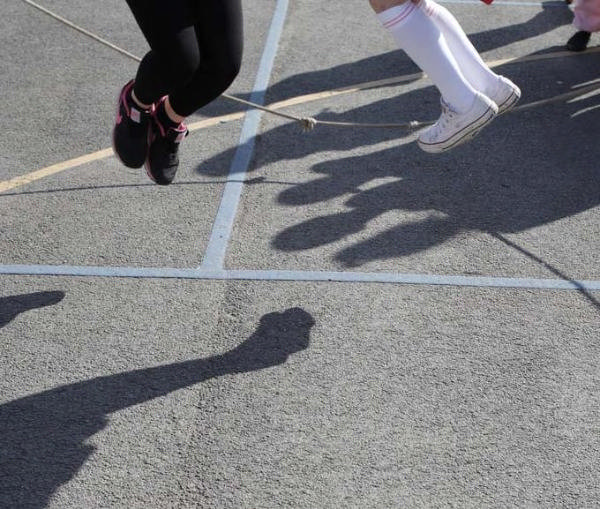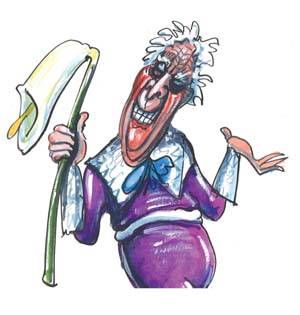I still remember the first library ticket I ever had. It must have been about 1957. My mother took me to the public library just off Battersea Park Road and enrolled me. I was thrilled. All those books, and I was allowed to borrow whichever I wanted! And I remember some of the first books I borrowed and fell in love with: the Moomin books by Tove Jansson; a French novel for children called A Hundred Million Francs; why did I like that? Why did I read it over and over again, and borrow it many times? I don’t know. But what a gift to give a child, this chance to discover that you can love a book and the characters in it, you can become their friend and share their adventures in your own imagination.
And the secrecy of it! The blessed privacy! No one else can get in the way, no one else can invade it, no one else even knows what’s going on in that wonderful space that opens up between the reader and the book. That open democratic space full of thrills, full of excitement and fear, full of astonishment, where your own emotions and ideas are given back to you clarified, magnified, purified, valued. You’re a citizen of that great democratic space that opens up between you and the book. And the body that gave it to you is the public library. Can I possibly convey the magnitude of that gift?
Somewhere in Blackbird Leys, somewhere in Berinsfield, somewhere in Botley, somewhere in Benson or in Bampton, to name only the Oxfordshire communities beginning with B whose libraries are going to be abolished, somewhere in each of them there is a child right now, there are children, just like me at that age in Battersea, children who only need to make that discovery to learn that they too are citizens of the republic of reading. Only the public library can give them that gift.
Then I came to Oxford as an undergraduate, and all the riches of the Bodleian Library, one of the greatest libraries in the world, were open to me – theoretically. In practice I didn’t dare go in. I was intimidated by all that grandeur. I didn’t learn the ropes of the Bodleian till much later, when I was grown up. The library I used as a student was the old public library.
One final memory, this time from just a couple of years ago: I was trying to find out where all the rivers and streams ran in Oxford, for a book I’m writing called The Book of Dust. I went to the Central Library and there, with the help of a clever member of staff, I managed to find some old maps that showed me exactly what I wanted to know, and I photocopied them, and now they are pinned to my wall where I can see exactly what I want to know.
I love the public library service for what it did for me as a child and as a student and as an adult. I love it because its presence in a town or a city reminds us that there are things above profit, things that profit knows nothing about, things that have the power to baffle the greedy ghost of market fundamentalism, things that stand for civic decency and public respect for imagination and knowledge and the value of simple delight.
Leave the libraries alone. They are too precious to destroy.
This is an edited excerpt from a speech by Philip Pullman given in Oxford on 20 January 2011. You can find the full speech here. ©Philip Pullman, republished with kind permission. Thanks to False Economy and openDemocracy

